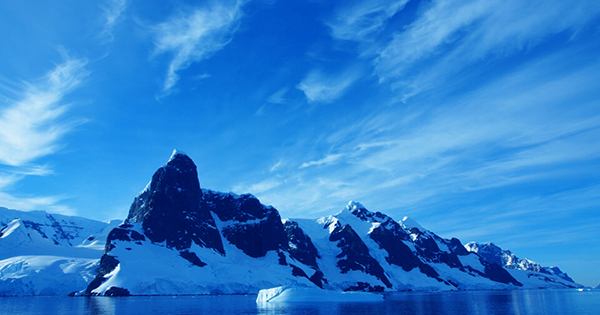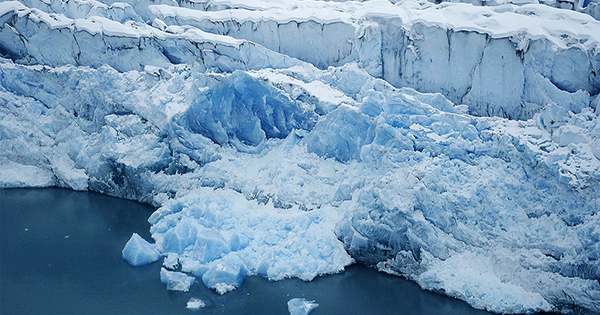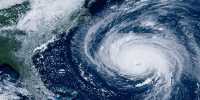New research has found that global glacier retreat has accelerated over the past two decades. Although their contraction has been evident for some time, this new work published in Nature shows that this decline has accelerated massively over the past two decades. The team used detailed satellite observations to study 217,175 glaciers around the world excluding ice sheets. These estimates were validated with independent high-precision measurements of individual glaciers.
From this, the team of international researchers was able to implement changes in volume and mass that revealed the dramatic decline observed in glaciers in the twenty-first century. Between 2000 and 2019, glaciers lost an average of 267 gigatons of mass each year. This loss is more than one-fifth of the sea level rise observed worldwide. Glacier mass declines have increased by 48 gigatons per year in each decade of this century, matching the acceleration of sea level rise by six to 19 percent.

The team estimates that the sea level has risen by 0.74ime millimeters due to the melting of the glacier. The rest is due to the melting of ice sheets from Greenland and Antarctica, changes in how water accumulates on the planet and thermal expansion of water across the planet in response to higher temperatures. In a statement e-mailed to IFLScience, ETH Zurich and University of Toulouse lead author Roman Hugonnet said: “The situation in the Himalayas is particularly worrying.
“During the dry season, glacial melt water is an important source that feeds major waterways such as the Ganges, Brahmaputra and Indus rivers. At the moment, this extended melt serves as a buffer for people living in the region, but if the Himalayan glacier contraction continues, populous countries like India and Bangladesh could face water or food shortages in decades.” Understanding these global changes can help us model local changes and better prepare for the consequences of a global climate crisis. The team discovered that some regions seem to have escaped this dramatic decline trend.
The east coast of Greenland and parts of Iceland and Scandinavia have fueled this trend. This is due to a weather disaster in the North Atlantic that caused higher rainfall and lower temperatures in those regions between 2010 and 2019. At the same time, other parts of Iceland (as well as Alaska and the Alps) show rapid melting glaciers analyzed in the survey. “Our findings are important at the political level. We must really work now to prevent the worst-case scenario of climate change in the world,” added Dr.















